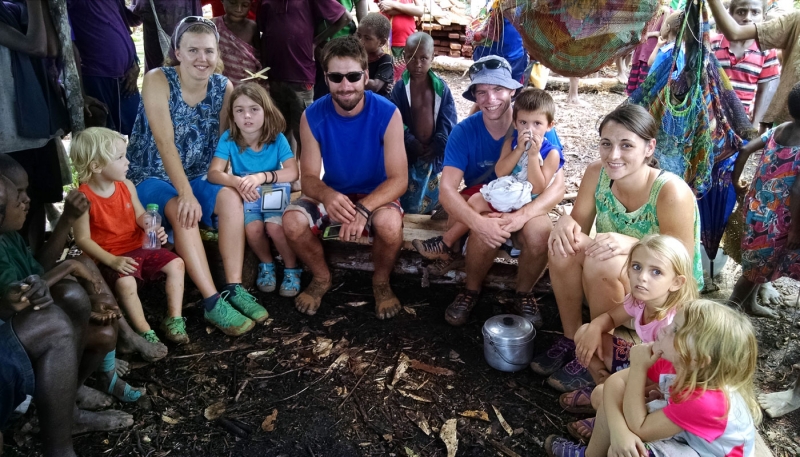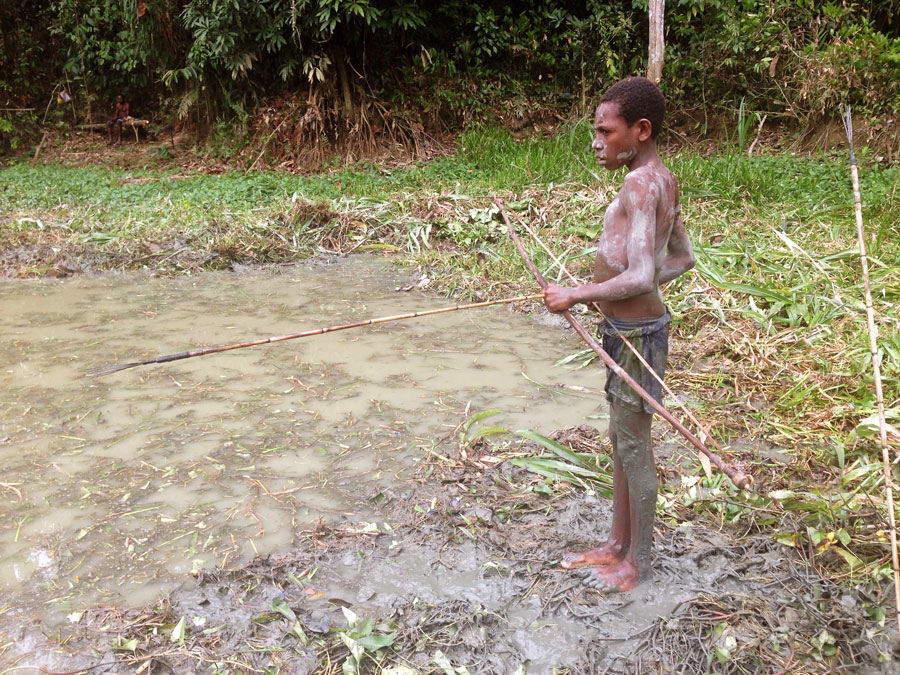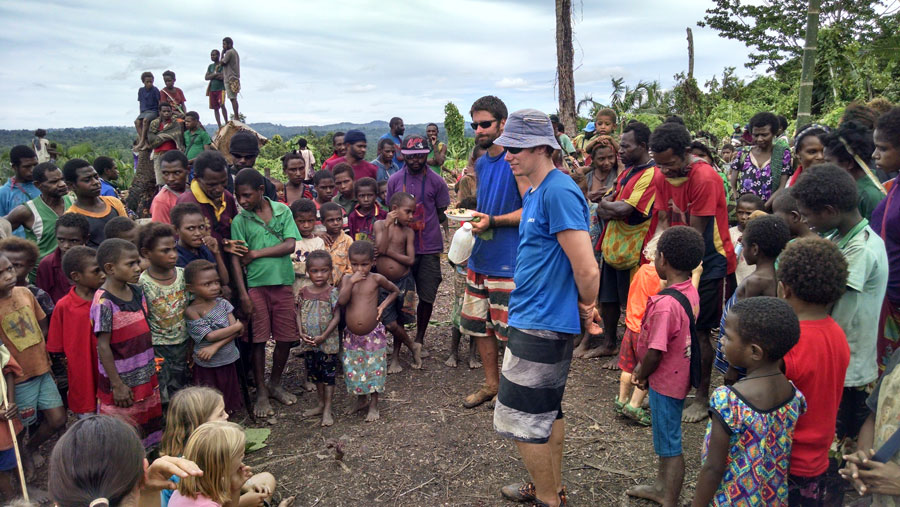Private Vs. Public

Cultural differences abound as you leave the borders of the USA and step on foreign soil. Differences in language, food and clothing are the obvious ones. But there are other differences that are more internal, more psychological, more sociological. Jon and Jen Myers are finding their niche among the Kaje people. All is not “coming up roses” for them; they are finding areas that before this they wouldn’t have even thought about. And it’s difficult.
US Cultural Practices
Social expectations are very different.The Myers observed that, in the States, “we were able to live such personal, private and scheduled lives. We weren’t dependent on other people as we pursued our own desires, home and hobbies. We weren’t forced to interact with neighbors more than a friendly greeting or occasional wave now and then. We were in control of how social we wanted to be.
“Social events were scheduled, not random or unexpected. We could go to a social event, visit with friends for a bit and then escape back to the privacy of our own home and life. For family time we could stay home or go out and not be interrupted by others. The things we did or didn’t do had little effect on others. We had our little bubble of a world, and that is where we stayed.”
Kaje Cultural Practices

Is that wrong? Are we commanded to do otherwise? Is our culture flawed? Regardless of your view, the Kaje see life very differently. As the Myers put it, “They don’t live in separate little worlds. It is one big one. Their lives are an ongoing social interaction with one another. They need one another for work, gardening, hunting, protection and settling disputes.
“One person’s fight becomes an entire clan/family fight. One individual’s debt becomes the clan/family debt. Entire clans must reconcile to settle disputes between two individuals. If not, they believe one person’s unresolved conflict can cause others to become sick and even die. ... Social visits aren’t scheduled. … People go and come all day. They ‘story’ together, eat together and work together.
“They are never too busy for a visitor. They would never put work above visiting a guest. Everything is dropped if a guest arrives, and there is always the expectation that you will eat with them. If you leave before eating, that could bring great shame on the household.”
Christian Cultural Practices

I wonder how I would react to a culture with these different expectations placed on me. As if in answer to my queries, the Myers said, “To us, it is exhausting. It is not easy for a western, time-oriented person to adjust to such an interdependent and social culture. But it is exciting to me to imagine how the body of Christ might one day look and function amongst these people. Because of their social capacity and their interdependence on one another, the body of Christ could potentially thrive here and perhaps even look more like what we read about in Acts.
“Think about it: when your world is as social and interdependent as described above, then it just makes sense to meet together, worship, look after, help, encourage, repent, reconcile, discipline and exhort one another. How natural for them one day to be practicing the gifts God will give them individually for the building up of the Body. That is exciting stuff to me. And that is our prayer for the Kaje.”
That makes me think that some of our Western ways could stand to be adjusted to be more like the Kaje. Believers are the Body of Christ — we need to live with that in mind and care for one another like the Kaje do.
